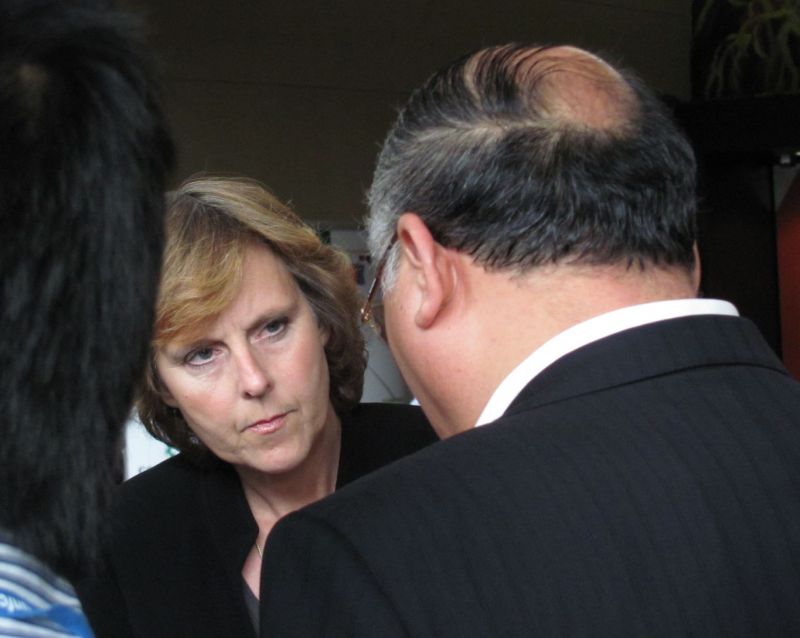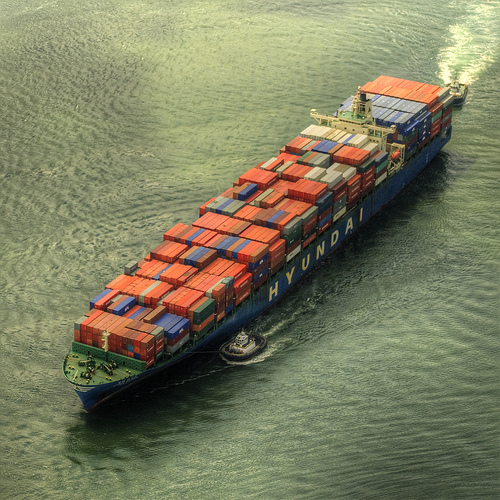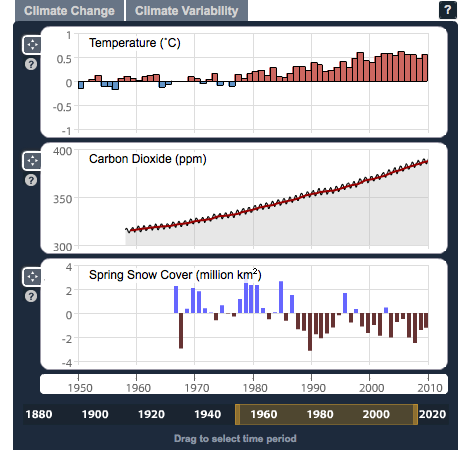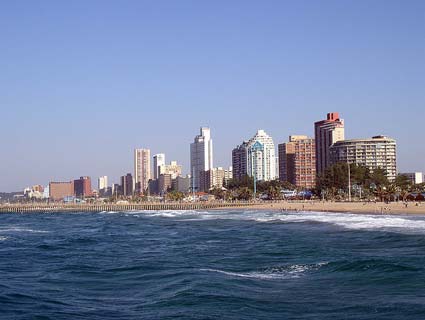
European Commissioner for Climate Action Connie Hedegaard and Chinese negotiator Xie Zhenhua meet outside the plenary hall. Photo by Kate Sheppard
It’s Friday morning here in Durban, the last day of the COP17 climate negotiations and the point where things come together—or they don’t. Ministers are in the final hours of intensive meetings, and some sort of decision is expected later today.
It’s expected that they’ll agree on the framework for the Green Climate Fund and other in-the-weeds details on issues like adaptation and clean technology. But what’s not yet clear is whether countries will agree on a new timetable for when a legally binding agreement should be reached. The US has been reluctant to commit to a roadmap, while China has been somewhat ambiguous about where they stand.
Meanwhile, the European Union, the Alliance of Small Island States, and the Least Developed Countries have been firm in calling for a roadmap that indicates where all this talking about climate change is going. The three blocs released a joint statement this morning calling for just that. Here’s the statement, in full:
The least developed countries, the Alliance of Small Island States and the European Union are united in their desire for an ambitious outcome in Durban.
We believe that the world has had a lot of time to think. What we need is not more thinking. What we need is more action.
The gap between our ambitions and the current pledges is simply too wide. And we need not to remind anyone of the scale of climatic threats facing the most vulnerable countries in the world as a result of climate change. The facts are clear and we are still too far from where we need to be to secure the most vulnerable countries’ right to sustainable development.
The chance to reach our objective is getting smaller as time passes and we need to start this process today. For many countries, this is a matter of survival and this process should be able to deliver an answer to meet their worries.
We need to deliver in Durban. We are ready to operationalize the Green Fund and the other Cancun institutions; to deliver what we have already agreed in Cancun. But higher ambitions on mitigation action are crucial. What we need is to effectively stop climate change. And that can only happen if all parties to the UNFCCC process will be committed to concrete efforts.
Hence, we need firm and clear decisions mapping out next steps that deliver the ambition we need. This includes agreeing an amendment of the Kyoto Protocol for the second commitment period together with a robust mandate and roadmap for a legally binding instrument. Under this instrument, all parties to the UNFCCC need to commit, respecting the principle of common but differentiated responsibility and respective capabilities.
The price of buying time is rising. Durban must deliver. The EU, LDCs and AOSIS are ready to undertake concrete obligations to manage the climate change challenge. We urge others to join.















